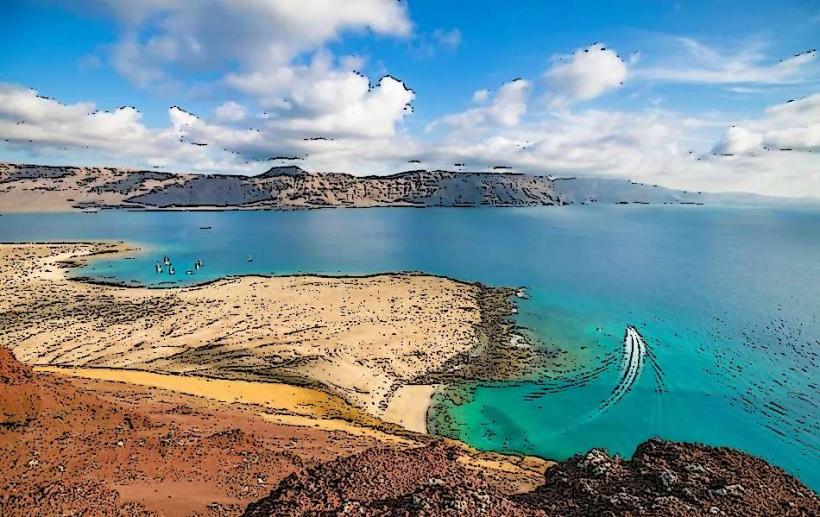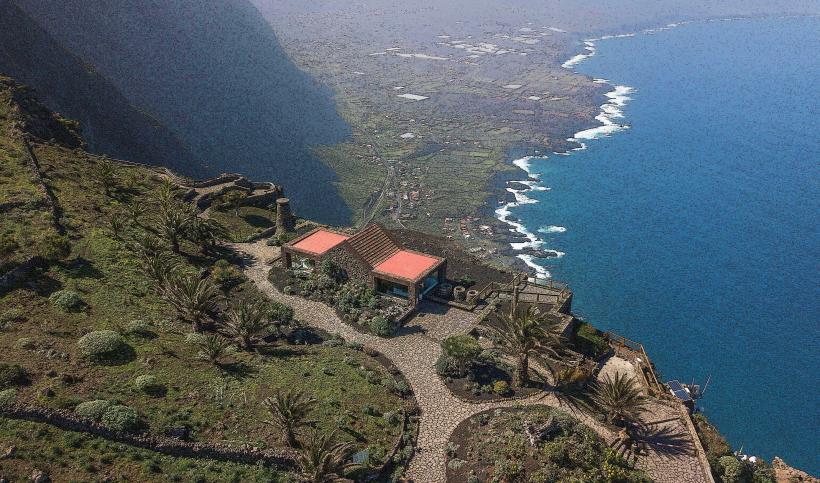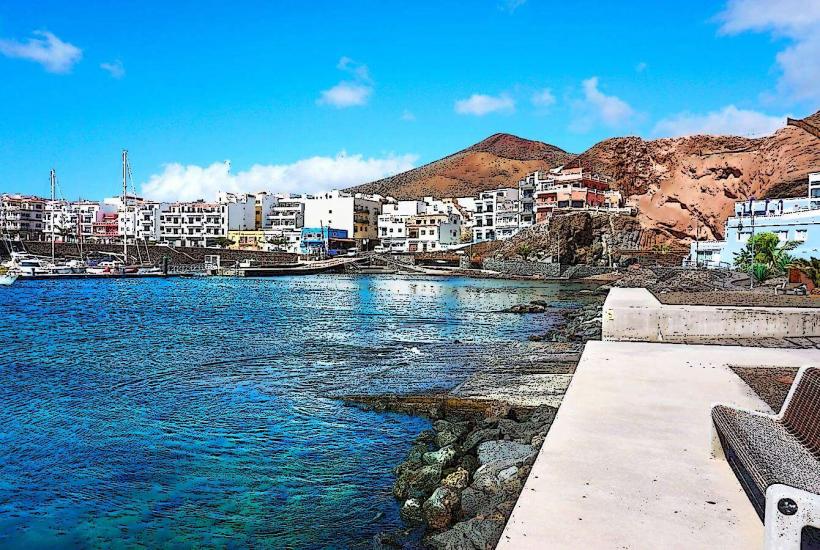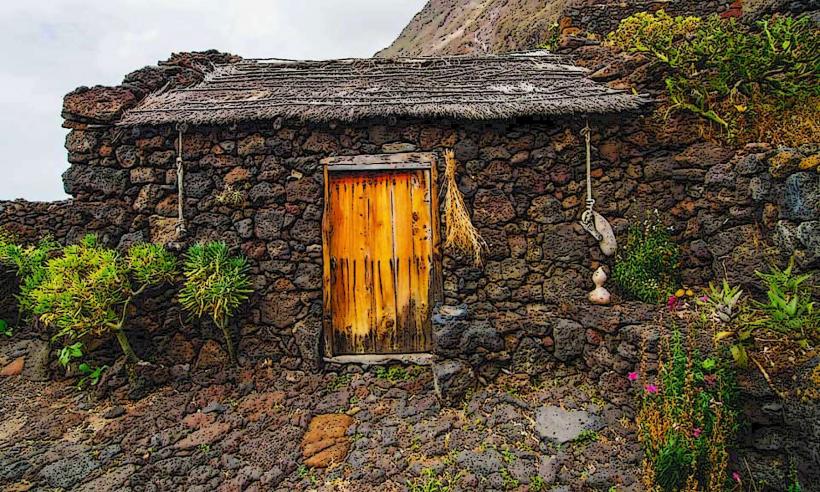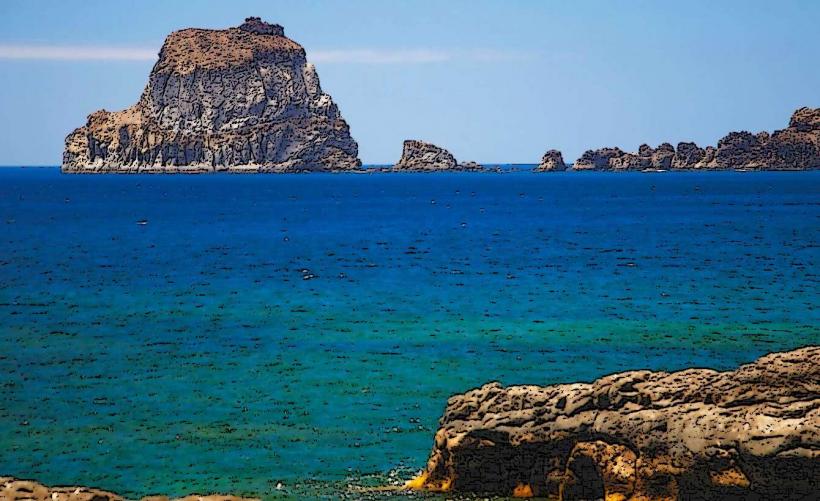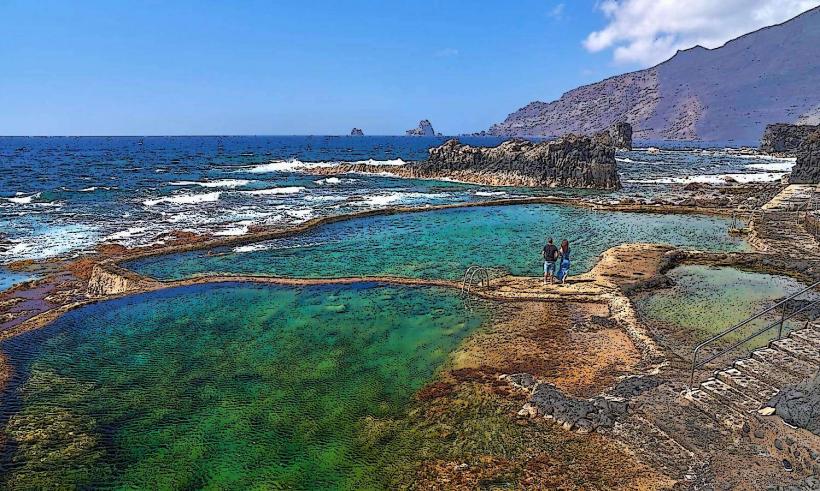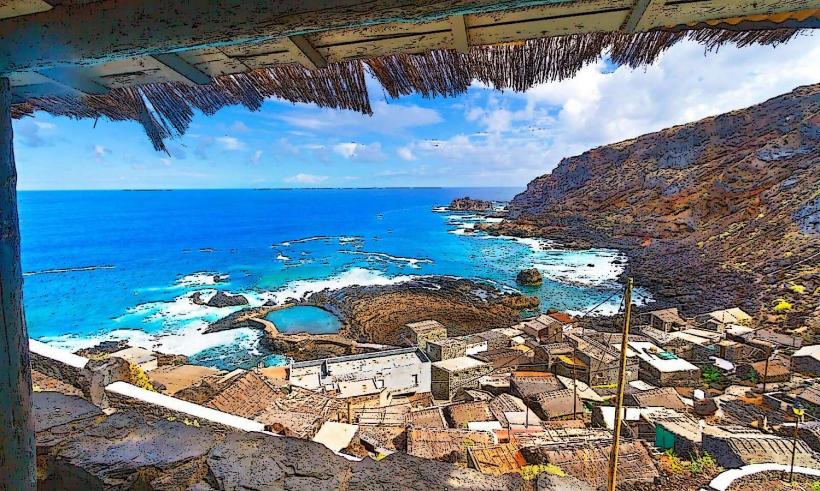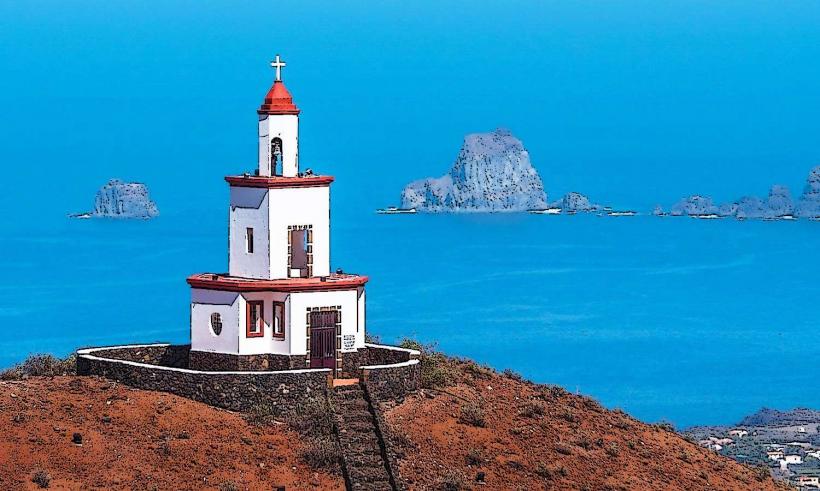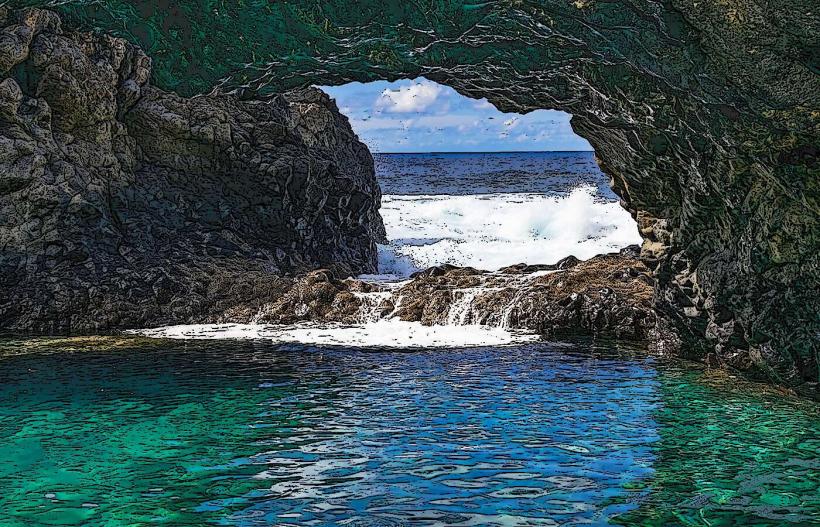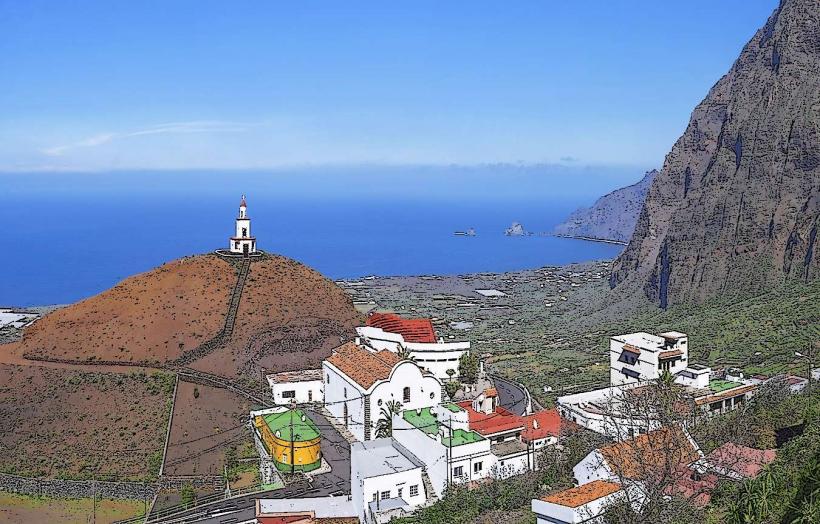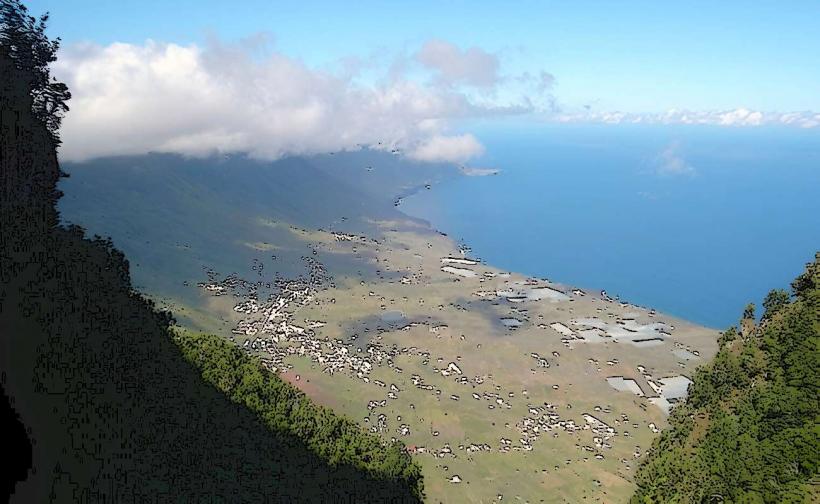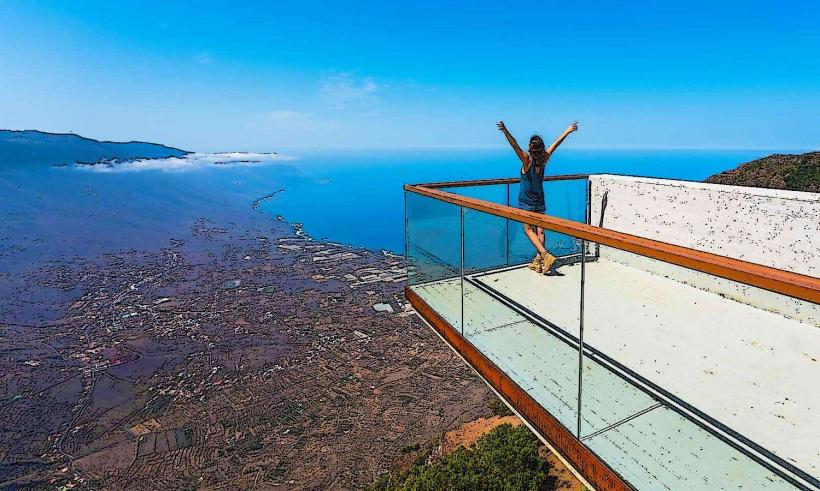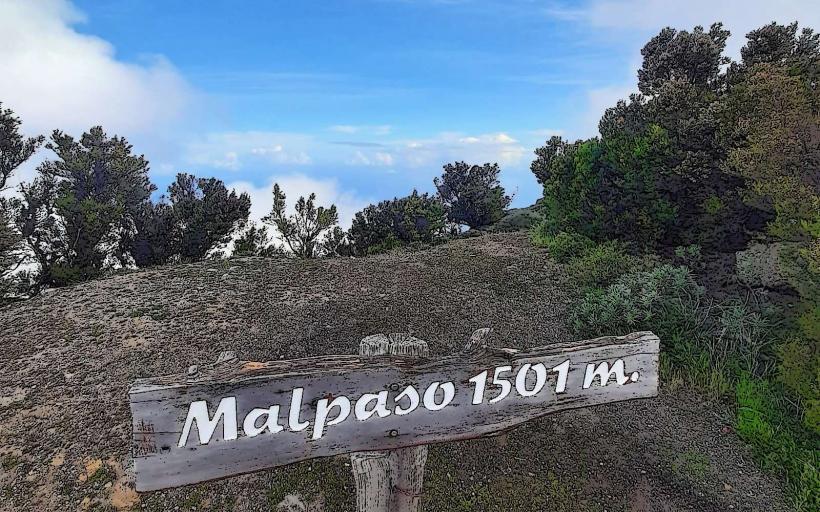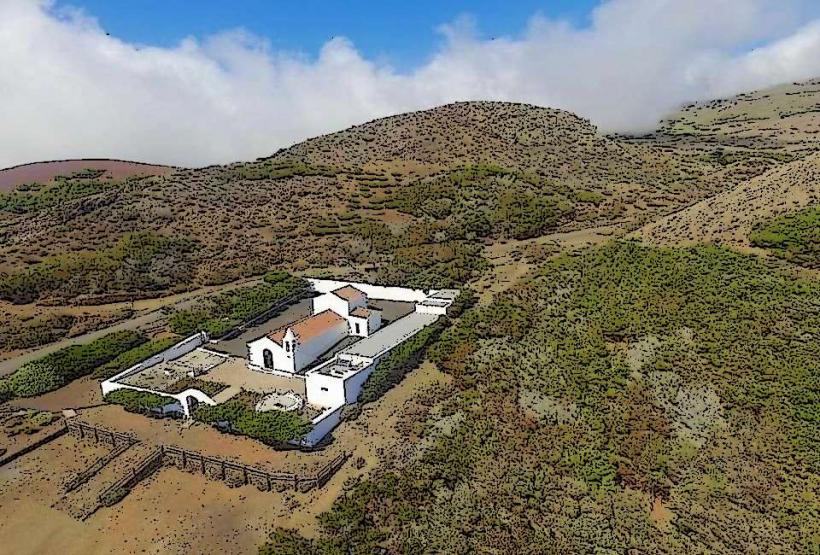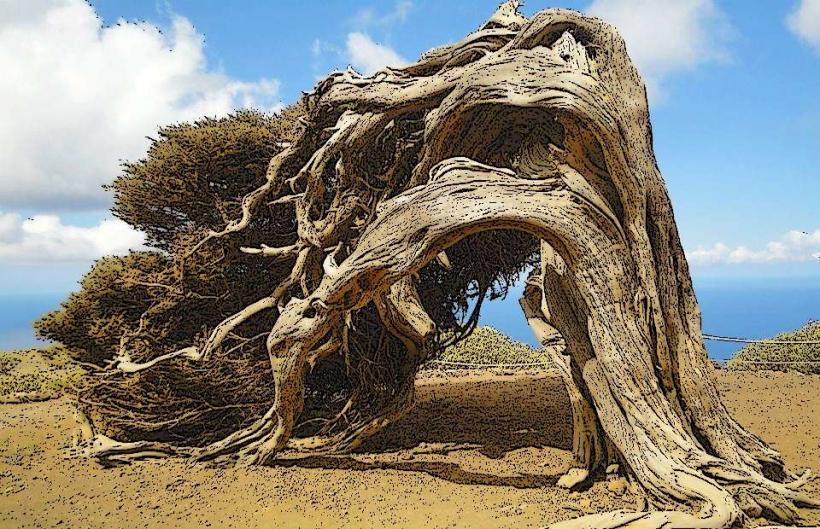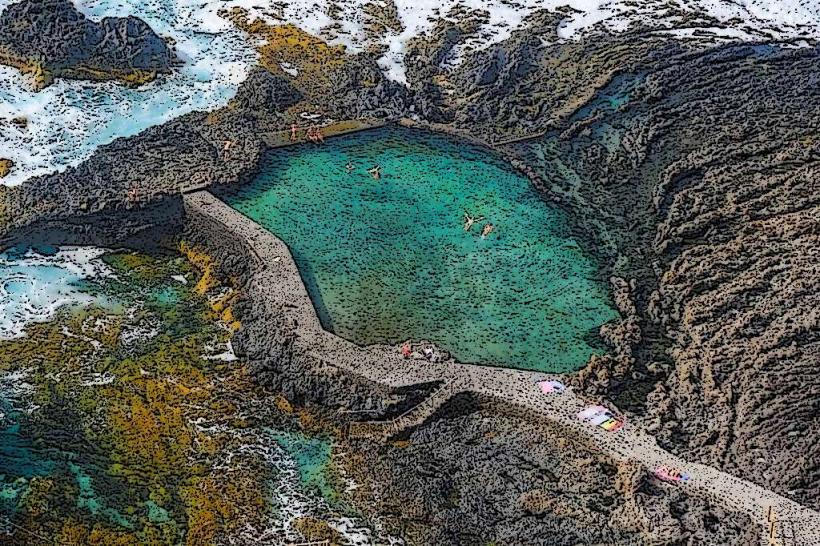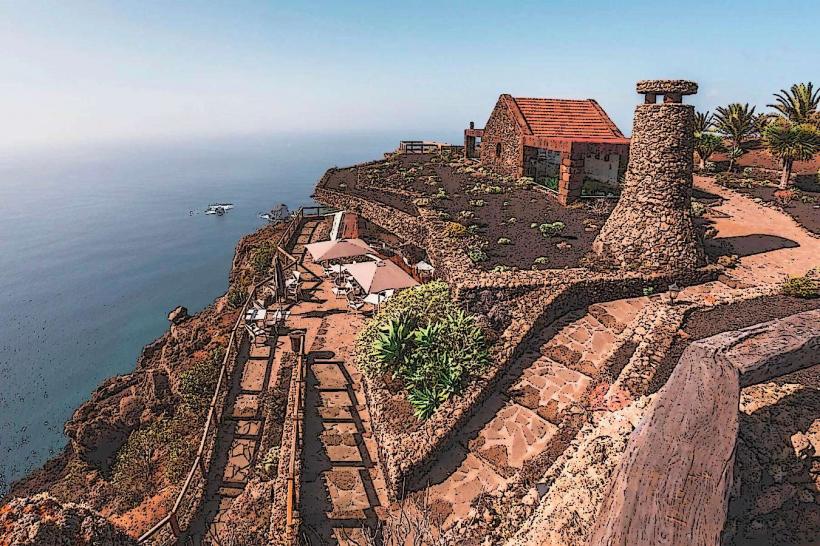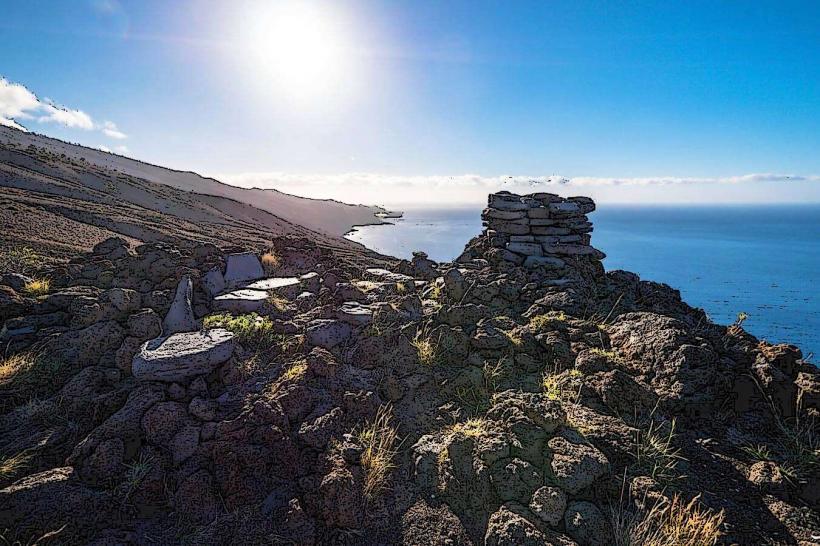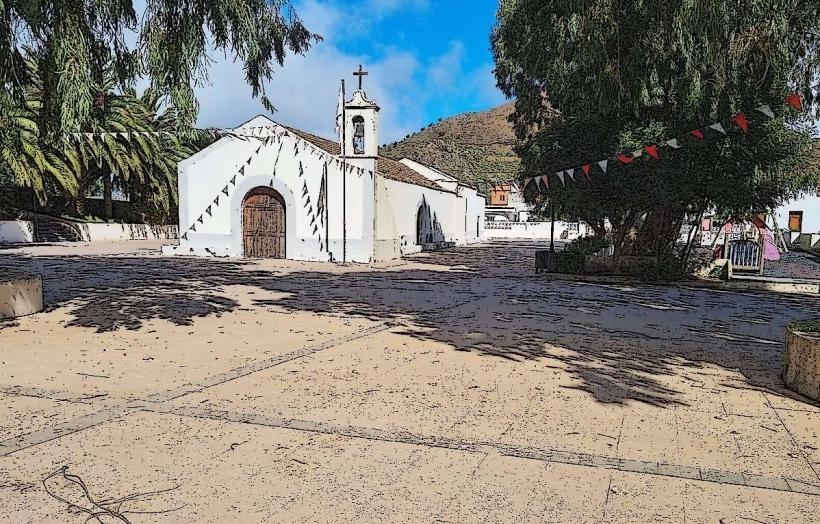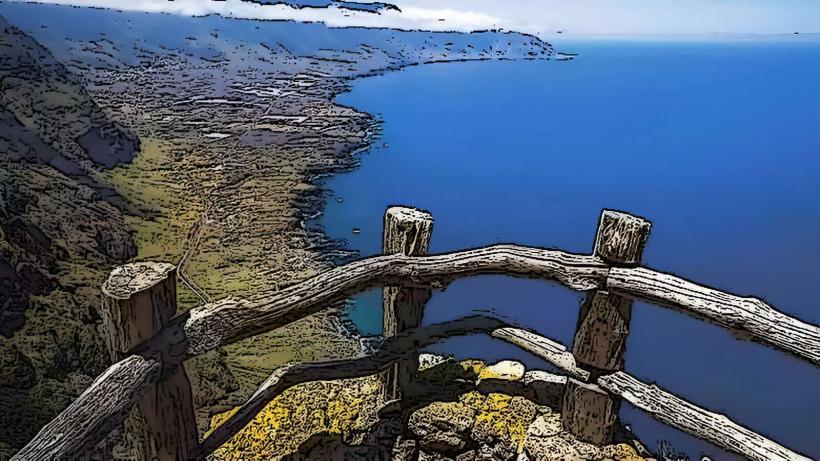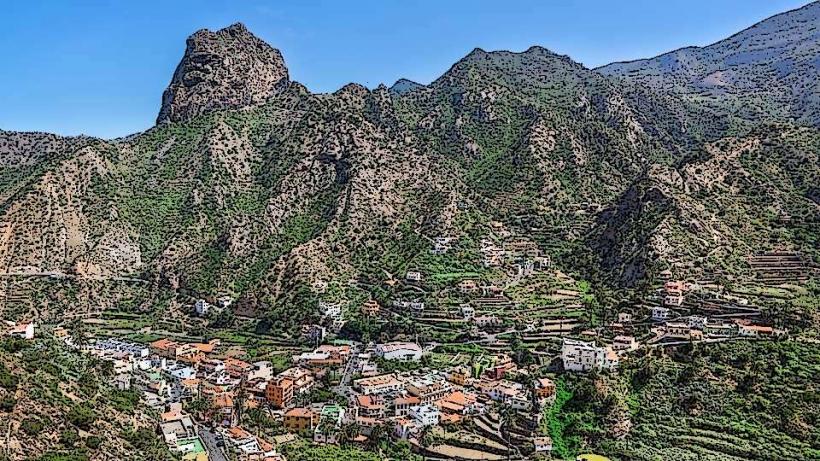Information
Landmark: El SabinarCity: El Hierro
Country: Canary Islands
Continent: Europe
El Sabinar is a stunning natural area located on the island of El Hierro, one of the Canary Islands. It is particularly famous for its ancient juniper trees (Juniperus turbinata), which are shaped by the harsh winds of the island and the volcanic landscape, creating a surreal and unique forest. Here’s a detailed overview of El Sabinar:
Location and Geography
- Location: El Sabinar is located in the southern part of El Hierro, near the village of La Restinga. The area is accessible via a winding road that takes visitors through dramatic volcanic landscapes and offers panoramic views of the coast.
- Elevation: The forest is situated at an altitude of around 1,000 meters (3,280 feet) above sea level, giving it a unique position that adds to the mystique of the environment.
- Landscape: El Sabinar is part of the island’s volcanic terrain, where the juniper trees grow among rocky outcrops, craggy hills, and rugged slopes. The landscape is dotted with cacti, wildflowers, and other hardy vegetation adapted to the island’s dry climate.
The Juniper Trees
- Unique Appearance: The standout feature of El Sabinar is the gnarled, wind-shaped juniper trees. The trees grow in unusual shapes due to the constant strong winds that sweep through the area, especially from the north and northeast. The result is a surreal forest where the trunks and branches of the junipers twist and lean in all directions, often with a characteristic bent or tilted appearance.
- Age and Importance: Some of the juniper trees in El Sabinar are thought to be several hundred years old, making them an important natural feature. These trees have become a symbol of resilience, adapting to the harsh winds and arid conditions of the island.
- Ecological Significance: The juniper trees are part of the laurel forest ecosystem, a type of subtropical forest that once covered large parts of the Canary Islands. While much of this forest has been lost to human activity and climate change, El Sabinar remains a rare and valuable example of this ecosystem.
Flora and Fauna
In addition to the iconic juniper trees, El Sabinar is home to a variety of other plant species that thrive in its dry and rocky environment:
- Vegetation: The area is characterized by a mix of hardy shrubs, low-lying plants, and cacti. The vegetation has adapted to the island’s dry conditions and volcanic soils, with many species of plants that are native to the Canary Islands.
- Wildlife: While the area is not densely populated with large animals, El Sabinar is home to a variety of birds, such as raptors and songbirds, as well as small reptiles like lizards. The region is a haven for birdwatching enthusiasts, especially during migratory periods.
Tourism and Visitors
- Visitor Access: El Sabinar is a popular spot for visitors to El Hierro, especially those interested in nature tourism, hiking, and photography. There is a designated viewpoint for taking in the scenery, where visitors can enjoy panoramic views of the unique landscape and take photographs of the juniper trees in their striking forms.
- Hiking: The area is also a part of several hiking routes that allow visitors to explore the diverse landscapes of El Hierro. These trails often take hikers through other volcanic areas, offering dramatic views of cliffs, valleys, and the coastline. The hike to El Sabinar is moderate in difficulty, with well-marked paths that allow easy access to the area.
- Best Time to Visit: The best time to visit El Sabinar is typically in the spring or autumn, when the weather is mild, and the landscape is particularly vibrant. Winter months may bring cooler temperatures, while summer can be quite warm, especially in lower areas of the island.
Conservation and Importance
El Sabinar is an area of natural significance and is protected as part of El Hierro’s natural parks. The island of El Hierro has been designated a UNESCO Biosphere Reserve, and places like El Sabinar play an important role in the preservation of the island’s unique ecosystems. Efforts are made to protect both the landscape and its flora, ensuring that the ancient juniper trees and other species continue to thrive.
Cultural Significance
The area has historical and cultural value, as the juniper trees of El Sabinar have been an important part of the island’s identity. The trees are sometimes used in local folklore and traditions, and the stunning, otherworldly appearance of the forest makes it an important cultural landmark for locals and visitors alike.
Conclusion
El Sabinar is one of El Hierro’s most iconic and remarkable natural sites. The ancient juniper trees, shaped by centuries of wind, create a captivating, otherworldly landscape that draws visitors from all over the world. Whether you are a nature lover, photographer, or hiker, El Sabinar offers an unforgettable experience. The combination of its unique ecology, the striking landscape, and its significance to the island's heritage makes it a must-see destination when visiting El Hierro.

